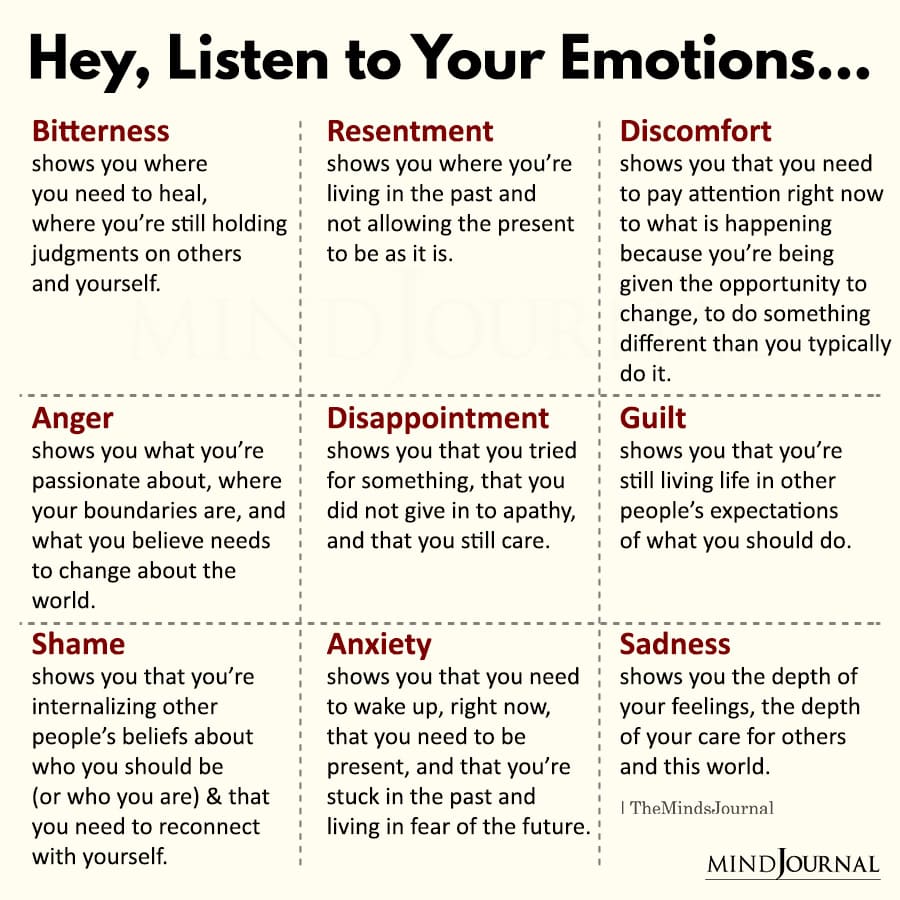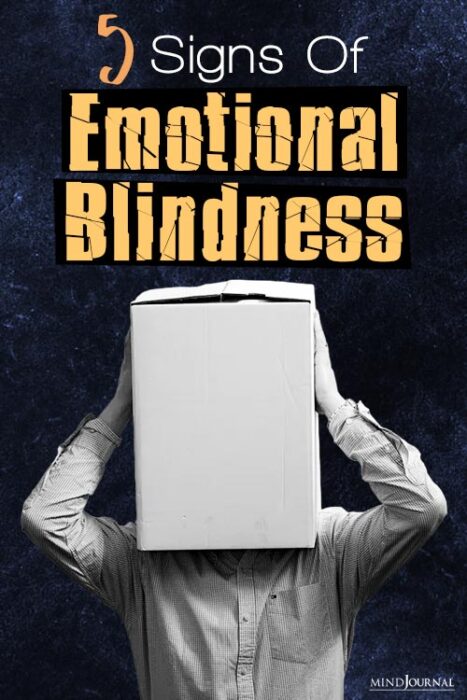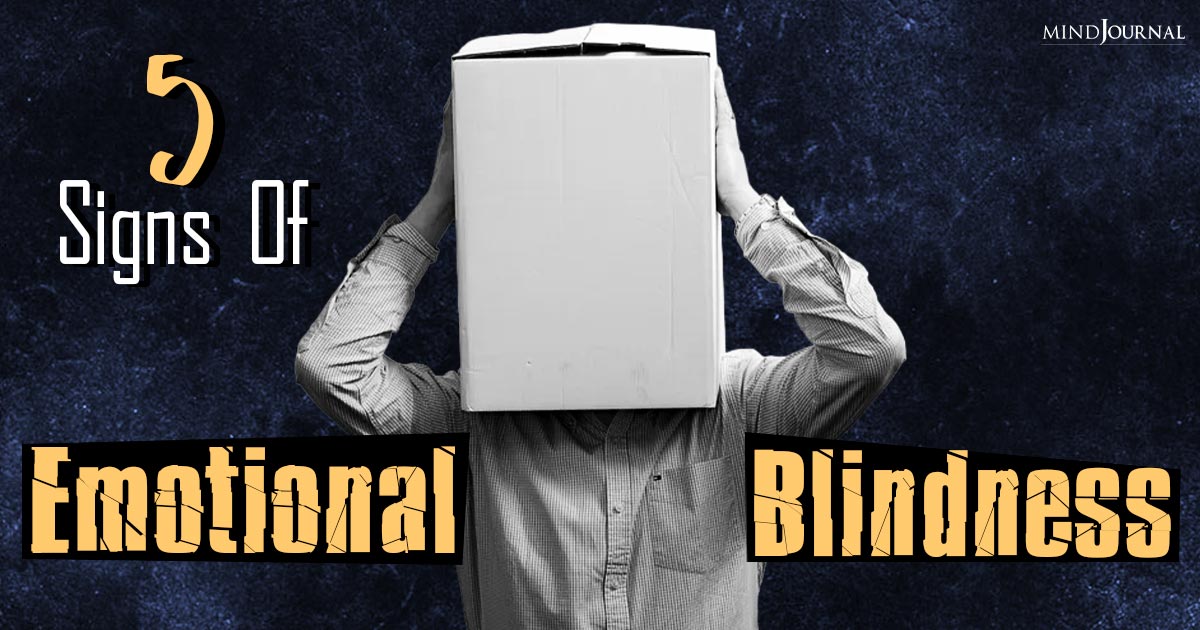Have you ever found it difficult to acknowledge or express your emotions? Maybe you’ve met someone who seems disconnected from their feelings or has a hard time understanding others’ emotions? This is known as alexithymia or emotional blindness? But what is emotional blindness?
Emotional blindness or alexithymia is a puzzling phenomenon that is an often misunderstood aspect of human psychology.
Let us delve into the intricacies of emotional blindness and understand people with alexithymia, emotional blindness symptoms, what causes alexithymia and explore alexithymia treatment.
What is Emotional Blindness?
Emotional blindness also referred to as alexithymia is a mental disorder characterized by an inability to recognize, process and identify feelings.
People suffering from emotional blindness are often detached from their own emotions; hence, making it difficult for them to understand what others feel emotionally.
It can affect relationships, communication and overall well-being in many ways.
Related: 10 Signs Of Emotional Numbness and Ways To Recover

Emotional Blindness Symptoms
To better understand what is emotional blindness, we need to learn how to identify emotional blindness symptoms. Knowing how to recognize the symptoms related to emotional blindness plays a crucial role in understanding and managing this condition.
Below are some common signs that one should watch out for:
1. Difficulties Identifying Emotions
People with alexithymia may have difficulties identifying or labeling their own feelings accurately. Their emotional vocabulary might be limited, making it hard for them to distinguish between different states of mind.
2. Having Limited Range Of Emotion
These individuals tend only to experience certain types of moods constantly such as feeling neutral most times. They find it difficult to experience intense emotions such as happiness, sadness or anger deeply.
3. Inability To Express Emotions Freely
Those who have trouble expressing themselves emotionally may appear unemotional during social interactions. They might look unemotional, robotic, or distant that no one can connect with on an emotional level.
4. Lack Of Empathy Skills
It is hard for people suffering from emotional blindness to understand what others are going through emotionally because they cannot read non-verbal cues like facial expressions or body language properly. This leads to misinterpretations and strained relationships.
5. Physical Symptoms
Some people may experience physical symptoms such as headaches, gastrointestinal issues, or tension due to emotional blindness.
These are usually manifested through suppressing their emotions or not being able to communicate effectively about them when necessary.
What Causes Alexithymia?
Emotional blindness or alexithymia does not have a single cause since it is believed to result from a combination of genetic, environmental and psychological factors. Understanding the contributing factors can better help us understand what is emotional blindness.
There are several reasons for this:
1. Genetics
Recent studies indicate that certain individuals may have inherited a reduced capacity for processing and expressing emotions effectively leading to alexithymia.
2. Childhood Trauma
Emotional blindness can also be caused by traumatic events experienced during early years like neglect, abuse or loss and grief, which affect emotional development leading to emotional problems in later life.
Such experiences disrupt forming emotional bonds, hindering the ability of someone to manage their feelings effectively.
Related: Ekman’s 6 Basic Emotions and How They Affect Our Behavior
3. Cultural Factors
Cultural norms and upbringing play a role in how we express emotions. Societies that discourage emotion expression or emphasize restraint may contribute towards emotional blindness formation within individuals coming from these societies.
4. Co-occurring Conditions
Depression, anxiety disorders (e.g., social phobia), autism spectrum disorder and other disorders, often come together with alexithymia making it worse. These worsen emotional difficulties, contributing towards its onset.
Alexithymia Treatment
Though emotional blindness can be highly challenging, its treatment has several approaches. One must ensure that the treatment approach matches the circumstances of the individual.
Some common therapeutic strategies include:
1. Psychological therapy
Talk therapy, like cognitive-behavioral therapy (CBT) or psychodynamic therapy, can help people with emotional blindness understand their emotions in a safe and supportive environment.
Therapists can help us understand what is emotional blindness, identify the signs and take steps to overcome them.
A mental health professional or a therapist can teach various techniques designed specifically for improving understanding of how we feel and to enhance emotional awareness and expression.
2. Emotional education
People with alexithymia can benefit a lot from learning more about emotions and what they mean. Psychoeducation programs are guided self-help interventions aimed at promoting emotional language development.
These programs teach specific vocabulary related to emotions that will help them recognize, differentiate and express their own feelings.
3. Mindfulness and meditation
The practice of mindfulness helps foster present-moment awareness while also allowing individuals to reconnect with their emotions.
Activities done during meditation assist in accepting one’s own feelings without judgment, leading to better emotion regulation.
4. Art therapy
Engaging in creative activities, such as painting, writing, or music, can serve as a therapeutic outlet for individuals with emotional blindness.
Artistic expression offers an alternative means of communication as well as processing emotions.
Related: Emotional Muscle Memory: How To Release Painful Emotions Trapped In Your Body

Takeaway
So what is emotional blindness? Emotional blindness is a complex psychological condition known as alexithymia. It impairs individuals’ ability to recognize, understand and express themselves emotionally.
To foster emotional well-being and promote healthier relationships, it is necessary for one to understand the symptoms, causes and ways of treating emotional blindness.
By looking at this often ignored part of human psychology, we will be able to develop empathy, emotional intelligence and a stronger connection with ourselves and other people too.
Frequently Asked Questions (FAQs):
What does emotional blindness mean?
The term emotional blindness describes a disability in recognizing or understanding feelings in oneself or others, thus affecting emotional awareness and bonding.
What are symptoms of alexithymia?
Some symptoms of alexithymia are trouble portraying emotions, difficult time noticing other’s emotions, and failure to distinguish amidst physical feelings and emotional feelings.
Is alexithymia a form of autism?
Alexithymia is a separate condition from autism but may coexist. It means having difficulty identifying one’s own emotions and expressing them rather than facing problems with social communication.









Leave a Reply
You must be logged in to post a comment.